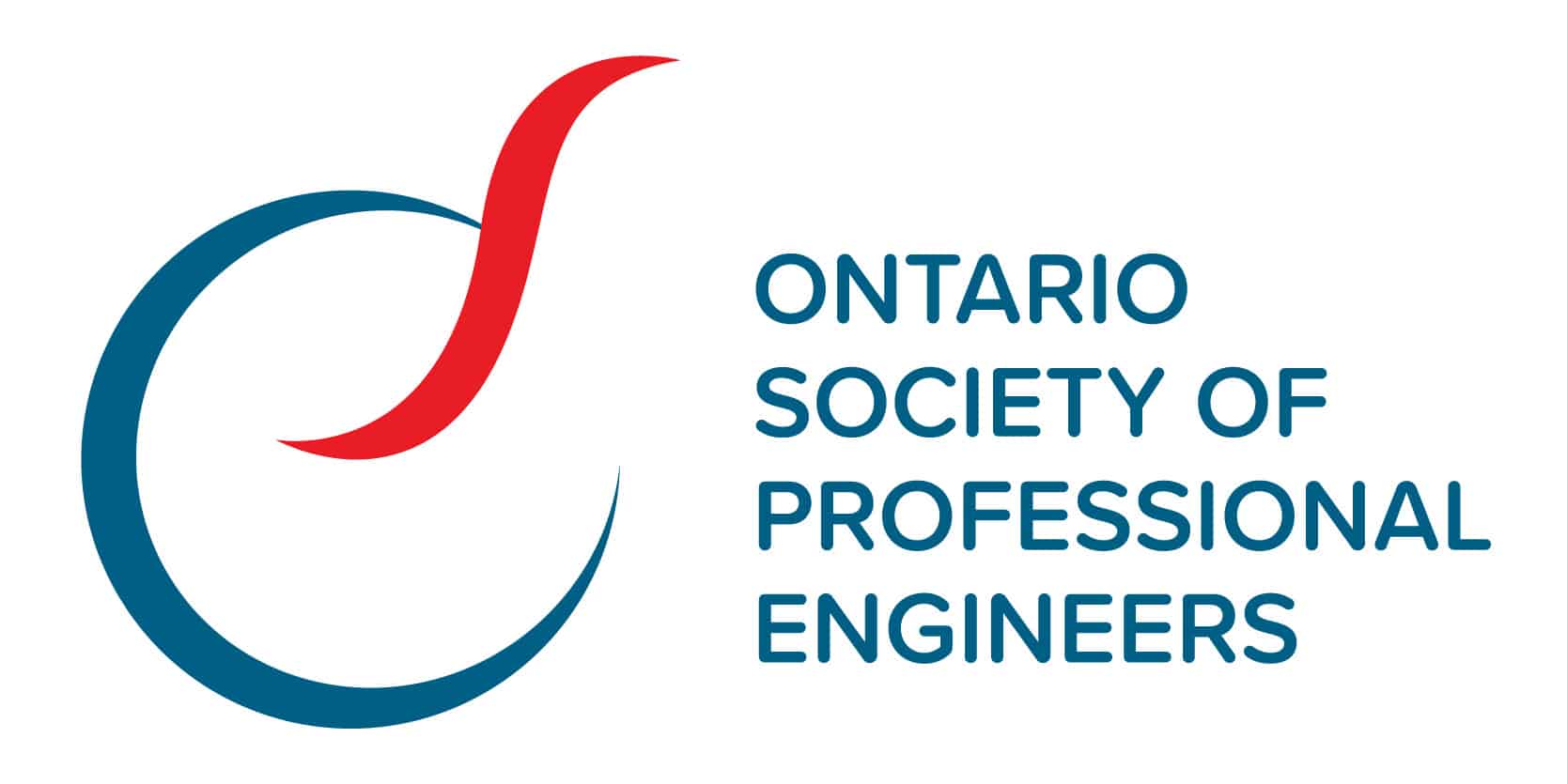
Dean Larry Kostiuk Discusses Engineering, Lifelong Learning, and Carleton’s Initiatives
In this exclusive interview, Larry Kostiuk, Dean of the Faculty of Engineering and Design at Carleton University, provides valuable insights into his journey, reflections on engineering, and Carleton’s pivotal role in shaping the profession’s future. From early inspirations to the changing landscape of engineering education, Dean Kostiuk shares his profound perspectives and experiences.
Tell me a bit about yourself & your background.
I first became aware of engineering around 1976 when my older brother enrolled as an engineering student at the University of Calgary. Since then, I’ve been hooked. I’ve always been intrigued by how things work, so I followed in my brother’s footsteps, partly encouraged by my mother as she strongly suggested I pursue mechanical engineering, and so I did my undergraduate degree at the University of Calgary. It felt like a natural fit, emphasizing math, physics, and chemistry. I thrived in that environment, always hungry for more knowledge.
After graduation, I struggled to find a job due to the downturn in the Alberta economy. Instead, I pursued a master’s degree at the University of Alberta, focusing on heating, ventilation, and making spaces comfortable. When the job market still hadn’t improved I discovered my passion for research at the intersection of science and engineering. This led me to pursue a PhD at Cambridge University in the UK, where my love for learning and sharing ideas blossomed.
Along the way, my wife and I started a family and I started working at Lawrence Berkeley National Labs in California, contributing to projects for NASA. Eventually, my family decided to return to Canada, where I spent 26 years at the University of Alberta before embarking on a new adventure as the Dean of Engineering and Design at Carleton University.
Despite the challenges, I’ve never lost my enthusiasm for engineering and the opportunity to bridge the gap between science and its practical applications. It’s been a fulfilling journey, and I feel fortunate to have enjoyed almost every moment of it.
Why is National Engineering Month important to you and the engineering profession overall?
Historically, the public has seen engineering as a behind-the-scenes job. But there are many enjoyable aspects, such as working with math and science and doing a lot of thinking, understanding, and problem-solving. Although many engineers, myself included, tend to work quietly in the background, we’re seeing more public representation in the profession as a whole.
I believe it’s important to take time to celebrate the achievements and the process behind them. Initiatives like National Engineering Month bring people in the engineering community closer together, recognizing the countless small decisions that collectively shape our society for the better. As I’ve grown older, I’ve realized that it’s essential to set aside time during the year to acknowledge everyone’s efforts in this field.
Engineers don’t work in isolation; we collaborate with various professionals.
The theme for NEM 2024 is lifelong learning. What does the concept of lifelong learning mean to you? Why is lifelong learning important in the work that you do?
The world is always changing, and if you want to have a sustainable career, if you want to stay in the game you have to stay relevant. Engineers constantly improve every aspect of our lives, and ignoring these advancements can make you irrelevant.
Sometimes it seems like the world changes quickly in spurts, followed by periods of stability. However, it’s a mistake to sit out on these changes. In software, for example, some would skip updates, thinking the next version will come out soon. But if you don’t keep pace, you risk becoming isolated in your ideas.
Lifelong learning is crucial for staying relevant and valued. Even at my age, I find enjoyment and value in continuous learning. You have to stay engaged to be part of the conversation. If you don’t, you risk being left behind. Lifelong learning keeps you in the game and allows you to keep contributing.
How has the engineering profession changed over the past 5 to 10 years & how is Carleton supporting the next wave of talent entering the workforce?
In the last 5 to 10 years, I’ve noticed some significant progress, particularly regarding gender equity issues in engineering. Efforts to create a more inclusive environment are starting to show results. I’ve been involved in initiatives aimed at achieving gender equity in engineering spaces, and we’re making strides in that direction. It’s now more common and comfortable to see different genders participating in engineering camps and pursuing undergraduate studies.
While still underrepresented, there’s been a noticeable shift, especially in universities. I’m beginning to see the impact of these efforts in mid-level positions within companies, although there’s still work to be done at the highest levels. Nonetheless, the changes are profound and promising.
On the technological side, there’s a trend towards convergence, with different technologies blending into each other. Traditional boundaries between disciplines like mechanical and electrical engineering are becoming less rigid. Emerging fields like biomedical engineering and mechatronics reflect this shift towards interdisciplinary collaboration.
Moreover, there’s a growing emphasis on sustainability and environmental issues in engineering discussions. These topics are now integrated into engineering education, reflecting society’s expectations for engineers to consider broader impacts and develop holistic solutions. Additionally, communication skills have gained importance, with courses aimed at improving writing and presentation abilities.
At Carleton University, we’re attuned to society’s evolving expectations of engineers. We continuously incorporate new concepts, such as understanding Indigenous Knowledge and Indigenous ways of knowing, to better prepare students for their roles in society.
Despite the challenges, the past decade has seen significant progress in engineering education and practice. While the pandemic presented a setback, I believe we’re on a trajectory of continual improvement, striving to meet the changing needs of society.
Are there any specific programs, initiatives, or outcomes happening at Carleton that you’d like to tell me about?
Canada requires more engineers than our universities can produce, leading to a reliance on talent from abroad. Yet, there are hurdles in integrating engineers from different countries, especially regarding our northern climate. To address this, we established a program for engineers from Washington Accord countries. These are nations whose engineering education is recognized as equivalent to ours. Then our program, known as Master of Engineering-Engineering Practice, validates their qualifications through a mix of technical and soft skill courses, ensuring a smooth transition to the Canadian engineering landscape.
Additionally, we’re exploring new undergraduate programs and have created one of Canada’s first Women in Engineering and Information Technology professional development programs, which has garnered significant support from various companies. This program aims to support gender equality in engineering by providing women students with networking, mentorship, career development skills, and peer support.
These initiatives not only address gender equity but also tackle the shortage of engineers and promote the convergence of knowledge bases. Despite the challenges, we’re committed to enhancing our engineering education and supporting a diverse and inclusive engineering community.
We’re also part of the ELITE program, which we do jointly with the University of Alberta. It’s for Black Youth, and the one at the University of Alberta starts while the kids are still in high school. We pick it up when they come to university, offering additional support systems for Black Youth to enter the workforce. At Carleton, we’re committed to ensuring all of our students are given equal opportunities to succeed.
What does the future of engineering look like and how does Carleton fit into that?
The future of engineering, in my opinion, is undergoing a significant shift. It seems that fewer and fewer students are inclined toward traditional engineering roles. Gone are the days of donning white shirts with pocket protectors and tapping away at calculators. Instead, there’s a growing recognition that engineering offers a pathway to mastering technology, a skill essential for navigating the complexities of modern life.
Increasingly, individuals are drawn to engineering not just for the profession itself, but as a means to stay technologically literate and adaptable. They see it as a launchpad to explore diverse career paths, leveraging their engineering background to excel in various fields. This evolving perspective calls for a reimagining of how we approach engineering education.
It’s no longer solely about teaching math, science, and chemistry. Engineering education must elevate general technological understanding, preparing students for a world where technology permeates every aspect of society. Whether pursuing a career in the arts or sciences, technology will undoubtedly play a pivotal role. The engineering of the future will not only equip individuals with technical skills but also empower them to harness technology to its fullest potential.
As we look ahead, I envision two branches of engineering: those embracing traditional roles and others leveraging engineering as a tool to navigate an ever-evolving technological landscape. This shift is evident even in the entertainment industry, where technology shapes everything from sound production to set design.
To quickly summarize, the future of engineering lies in its ability to bridge the gap between technology and society, empowering individuals to thrive in an increasingly digital world.
Learn. Grow. Thrive. Together.
National Engineering Month is Ontario’s platform for celebrating the remarkable world of engineering. With a dynamic mix of insightful discussions, industry expertise, and diverse viewpoints, we’re showcasing the best of the profession. Join us in advancing engineering excellence, igniting interest in future professionals, and recognizing the vital role engineers play in society. Be a part of the #NEM2024 experience by attending an event. Explore all the exciting details at nemontario.ca.


